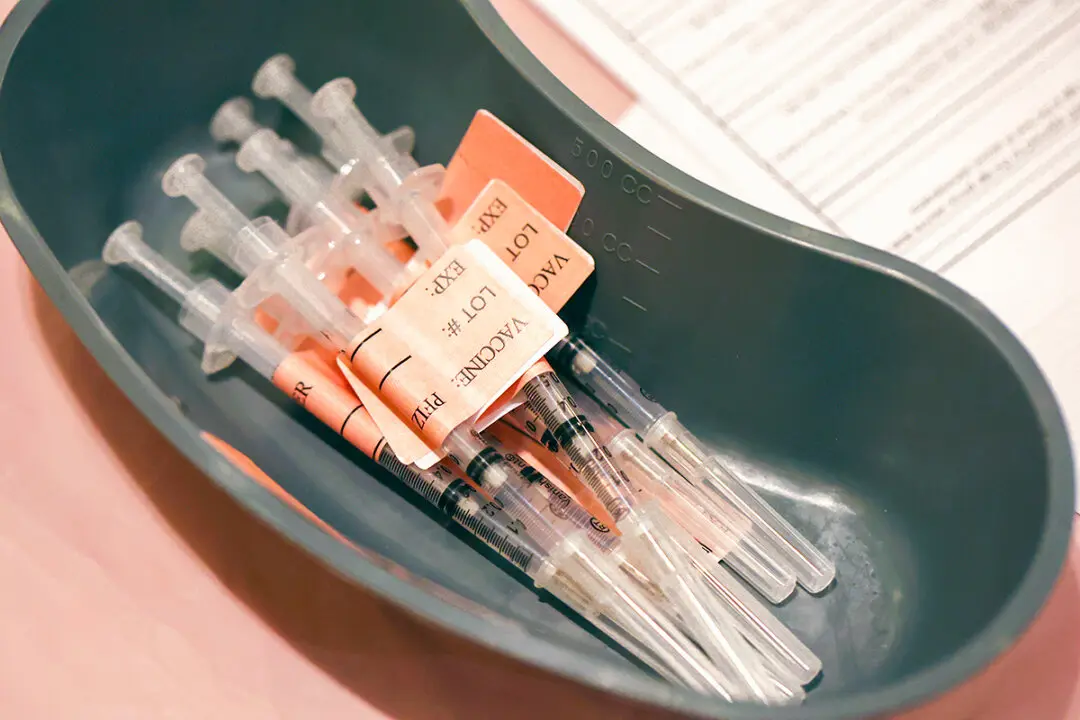The U.S. government has paid two more people who were injured by COVID-19 vaccines as it faces the prospect of being forced by a court to improve a program for victims.
The U.S. Health Resources and Services Administration (HRSA), which runs the Countermeasures Injury Compensation Program (CICP), issued the payments to two people who suffered heart inflammation after COVID-19 vaccination.





